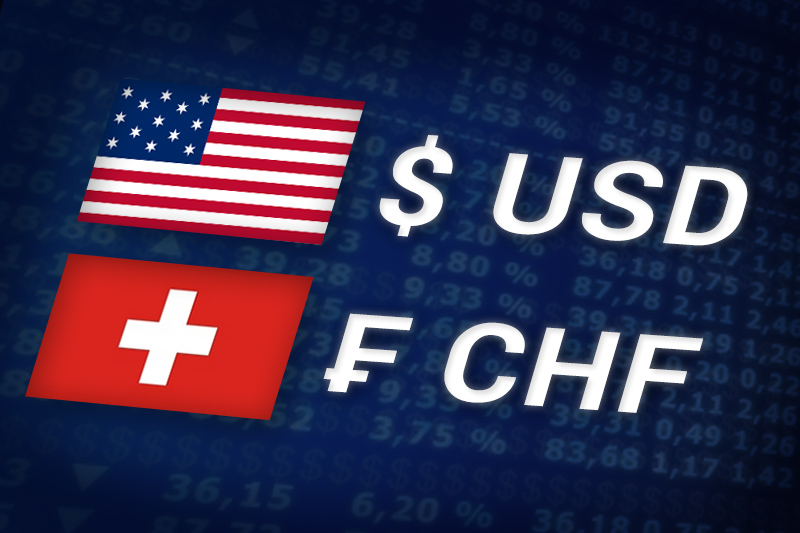Investing.com - The U.S. dollar was lower against the Swiss franc on Tuesday, as sentiment was lifted after Germany’s parliament approved a second bailout for Greece and investors awaited a new liquidity operation by the European Central Bank.
USD/CHF hit 0.8951 during European morning trade, the daily low; the pair subsequently consolidated at 0.8967, shedding 0.29%.
The pair was likely to find support at 0.8921, the low of November 9 and resistance at 0.9026, the high of February 24.
Sentiment strengthened after Germany’s parliament approved a EUR130 bailout package for Greece on Monday, shrugging off a decision by ratings agency Standard & Poor's to cut Greece’s long term credit rating to 'selective default'.
Meanwhile, markets were looking ahead to Wednesday's launch of the ECB’s second three-year long-term refinancing operation, after a similar liquidity injection in December eased pressure on peripheral euro zone bond markets.
Earlier in the day, a report showed that Switzerland's UBS consumption indicator eased down slightly in January to 0.92 from a reading of 0.94 in December, although consumer sentiment looks likely to remain robust in the coming months.
A separate report showed that the number of people employed in Switzerland declined less-than-expected in the fourth quarter, falling to 4.04 million from 4.05 million in the previous quarter.
Analysts had expected the Swiss employment level to decline to 4.03 million in the fourth quarter.
Elsewhere, the Swissie was steady against the euro with EUR/CHF inching up 0.06%, to hit 1.2055.
Later in the day, Swiss National Bank Interim Governor Thomas Jordan was due to speak, while the U.S. was to produce official data on durable goods orders, as well as reports on house price inflation and consumer confidence.
USD/CHF hit 0.8951 during European morning trade, the daily low; the pair subsequently consolidated at 0.8967, shedding 0.29%.
The pair was likely to find support at 0.8921, the low of November 9 and resistance at 0.9026, the high of February 24.
Sentiment strengthened after Germany’s parliament approved a EUR130 bailout package for Greece on Monday, shrugging off a decision by ratings agency Standard & Poor's to cut Greece’s long term credit rating to 'selective default'.
Meanwhile, markets were looking ahead to Wednesday's launch of the ECB’s second three-year long-term refinancing operation, after a similar liquidity injection in December eased pressure on peripheral euro zone bond markets.
Earlier in the day, a report showed that Switzerland's UBS consumption indicator eased down slightly in January to 0.92 from a reading of 0.94 in December, although consumer sentiment looks likely to remain robust in the coming months.
A separate report showed that the number of people employed in Switzerland declined less-than-expected in the fourth quarter, falling to 4.04 million from 4.05 million in the previous quarter.
Analysts had expected the Swiss employment level to decline to 4.03 million in the fourth quarter.
Elsewhere, the Swissie was steady against the euro with EUR/CHF inching up 0.06%, to hit 1.2055.
Later in the day, Swiss National Bank Interim Governor Thomas Jordan was due to speak, while the U.S. was to produce official data on durable goods orders, as well as reports on house price inflation and consumer confidence.
